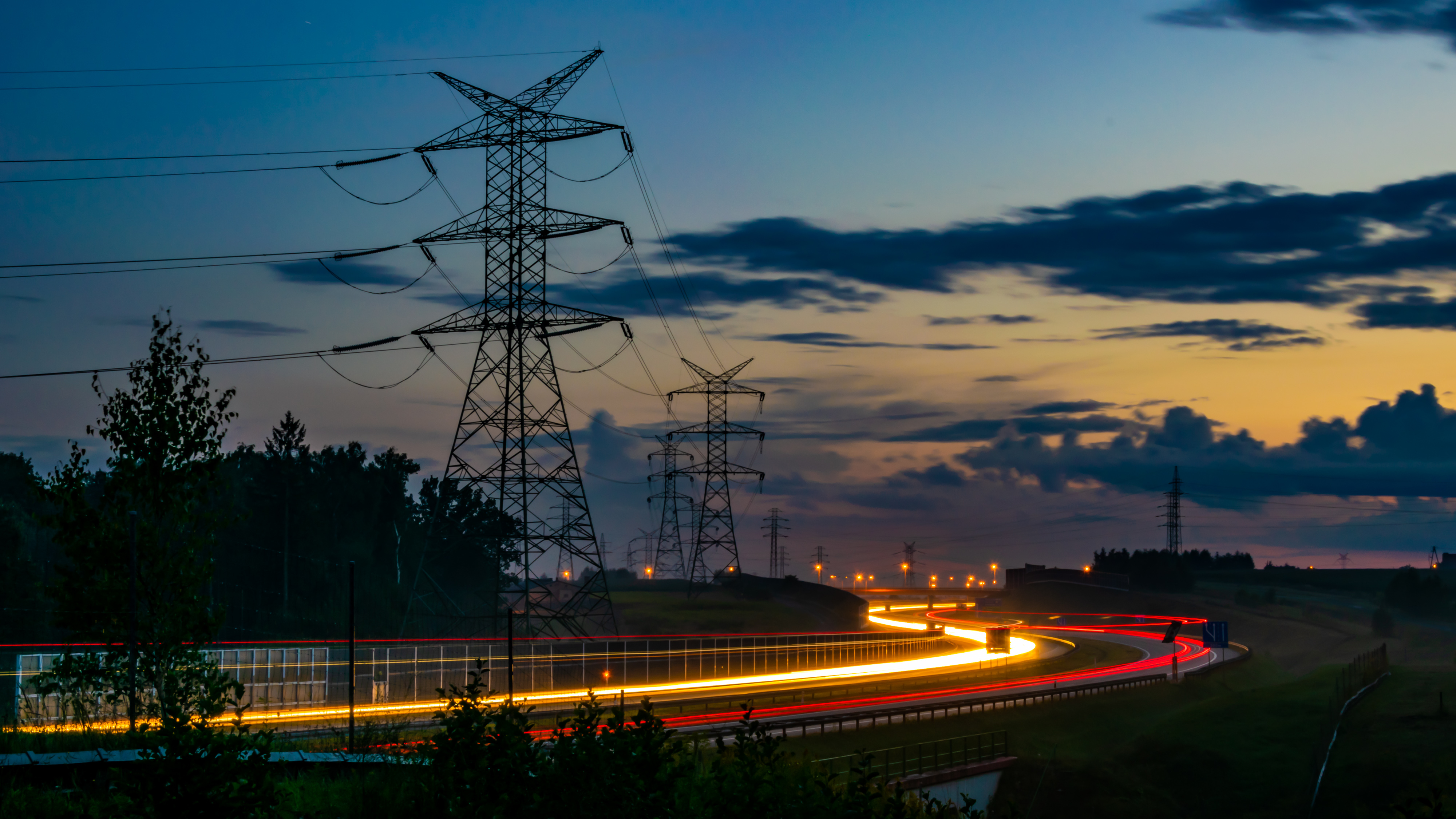
MASTERPIECE
MASTERPIECE focuses on creating a digital arena to facilitate the creation and operation of Energy Communities across Europe. The main objectives are to empower energy consumers and foster collaboration paving the way towards a new energy market paradigm; create user-centric solutions to naturally accelerate citizens’ involvement; propose innovative business strategies and incentive mechanisms to activate market participants’ reaction; establish standardised cybersecurity infrastructure to protect citizens and privacy; demonstrating the feasibility and replicability of project’s innovations across diverse geographical and frameworks real-life pilots.
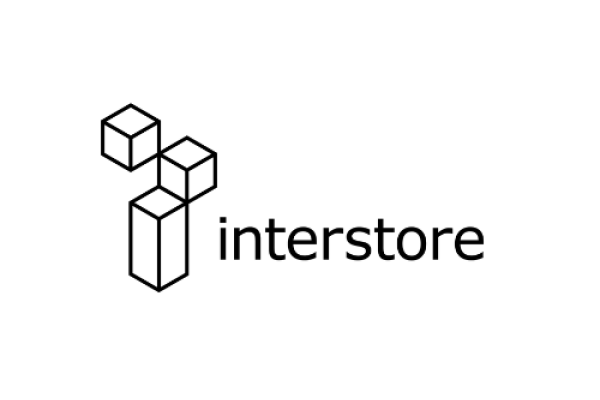
INTERSTORE
InterSTORE plans to address to develop an innovative middleware that, while virtualising the storage technology, will simplify its use from the point of view of integration platform thanks to a technology agnostic approach. The middleware will facilitate the integration of storage creating an independence from hardware solutions which are critical from customer perspectives to avoid vendor lock-in solutions and assure the compliance to the new IEEE 2030.5 standard.
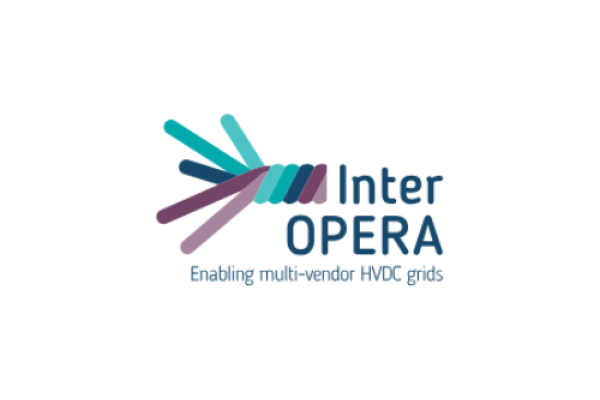
InterOPERA
InterOPERA aims to enable interoperability of multi-vendor HVDC grids for offshore wind integration. It focuses on standardising HVDC systems, facilitating collaboration among industry leaders, and providing policy recommendations. Key objectives include defining demonstrator case studies, de-risking interoperability issues, and establishing modular approaches to HVDC projects.

int:net
The project focuses on fostering interoperability in the European energy sector through the establishment of an open and cross-domain community known as the Interoperability Network for the Energy Transition (int:net). Key objectives include creating a common knowledge base for interoperability activities, developing an Interoperability Maturity Model, establishing a framework for interoperability testing, and building a community network for a European interoperability ecosystem.

INFINITE
The INFINITE project demonstrates floating offshore wind system at 100m water depth with two key technology innovations. The first is a disruptive and environment environment-friendly concrete tension leg platform anchored with an innovative tendon-based mooring system. The second is an innovative aluminium dynamic cable design that is safer, lighter, cheaper and allows for more standardisation in O&M.
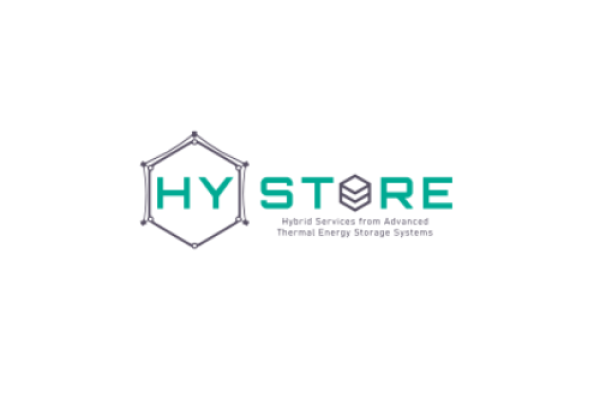
HYSTORE
The HYSTORE project develops innovative thermal energy storage (TES) concepts for heating/cooling systems and DHW. It aims to increase energy density, lower costs, and integrate TES into energy systems. Measurable outcomes include cost reduction, load shifting, demand-response potential, energy savings, and environmental benefits, contributing to sustainability.
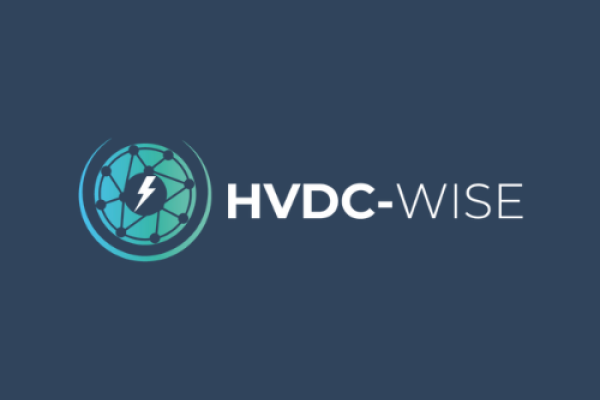
HVDC-Wise
The HVDC-WISE project aims to enhance transmission system resilience and reliability through HVDC-based grid architectures. It will develop planning tools, propose HVDC grid concepts, identify emerging technologies, and validate solutions across diverse European power system contexts. The project focuses on reliability, and resilience-oriented planning, HVDC grid architecture, emerging technologies, and policy guidelines.

GLocalFlex
GLocalFlex aims to establish a global and local flexibility marketplace for demand-response solutions, facilitating the horizontal scaling of flexible local energy systems. Key objectives include accelerating demand flexibility services deployment, identifying interoperability standards, and creating new business models for flexible systems. The project focuses on promoting consumer participation, utilizing digital technologies, and achieving automated flexibility trading.
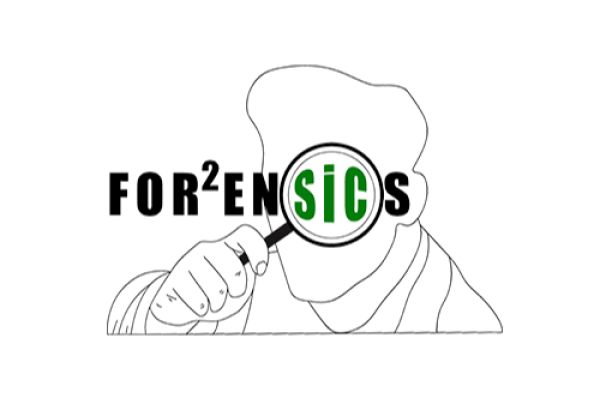
FOR2ENSICS
Project FOR²ENSICS aims to develop efficient, low-cost DC/DC converters for LV to MV using ultra-high voltage SiC-based switching devices. Objectives include developing a commercial prototype, integrating SiC materials into power electronics, and investigating reliability. Outcomes: commercialisation, environmental impact reduction, increased adoption of renewables and EV infrastructure.

FEDECOM
FEDECOM aims to implement integrated local energy systems through sector coupling and cross-energy vector integration, including developing a scalable cloud platform, demonstrating energy sector coupling benefits, and optimising energy management strategies. The project addresses research areas such as grid technologies, large-scale and distributed storage, generation technologies, digitalization, and market design to achieve these objectives.

